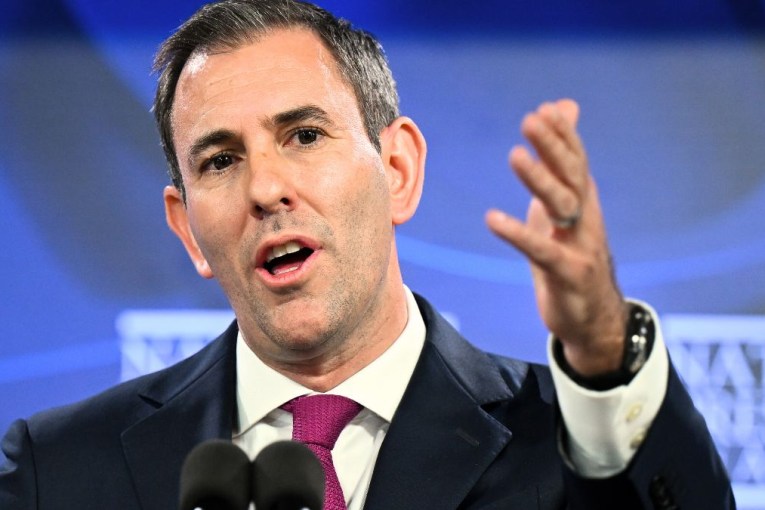Qantas and Virgin in corporate dogfight
Qantas and Virgin Australia have chosen different flight paths to navigate the most turbulent era in Australian aviation.
A day after Qantas unveiled a record loss of $2.8 billion, Virgin on Friday revealed it tripled the value of red ink on its books to $355.6 million.
“The 2014 financial year has seen one of the most difficult operating environments in the history of Australian aviation,” Virgin Australia chief John Borghetti said.
One-off costs related to restructures and fleet values impacted both companies results, but Virgin’s underlying pre-tax loss still came in at $211.7 million, while Qantas booked an underlying pre-tax loss of $646 million.
Proportional to the size of their businesses, Virgin’s loss was much worse.
While the war over seat capacity appears over, the two arch rivals have signalled they will now be fighting over loyalty scheme memberships and corporate clients.
The two airlines have adopted very different strategies – Qantas will retain full ownership of its Frequent Flyer program, while Virgin has sold more than a third of its Velocity scheme to a private equity firm.
Qantas chief Alan Joyce explained there was “insufficient justification for a partial sale” because the loyalty program continued to offer “major profitable growth opportunities”.
“Profitability has more than doubled and we see double digit growth for that business going forward,” Mr Joyce said.
Some industry insiders, however, have suggested Qantas was unable to get the price it wanted.
Mr Borghetti also insists the sell-off of a 35 per cent stake in Velocity, which will improve Virgin’s balance sheet by $336 million, is all about growth and nothing to do with cashflow.
“The opportunity from a strategic perspective is what interested us in the deal. It is not about cash … and we already had a strong balance sheet,” he said.
Virgin Australia wants to rapidly grow its loyalty program, valued at $960 million, because of its lack of maturity compared to Qantas’ Frequent Flyer scheme, which has more than doubled the membership.
Virgin has set its sights on increasing its membership from the current 4.1 million to “way more” than seven million over the next few years.
Mr Borghetti also signalled Virgin would vigorously pursue the corporate market, and wanted to increase its share from the current 25 per cent to 30 per cent by June 2017.
The airline believes it has already established the “right network footprint”, and having signed up 171 new clients over the past year is well positioned to steal more from Qantas.








